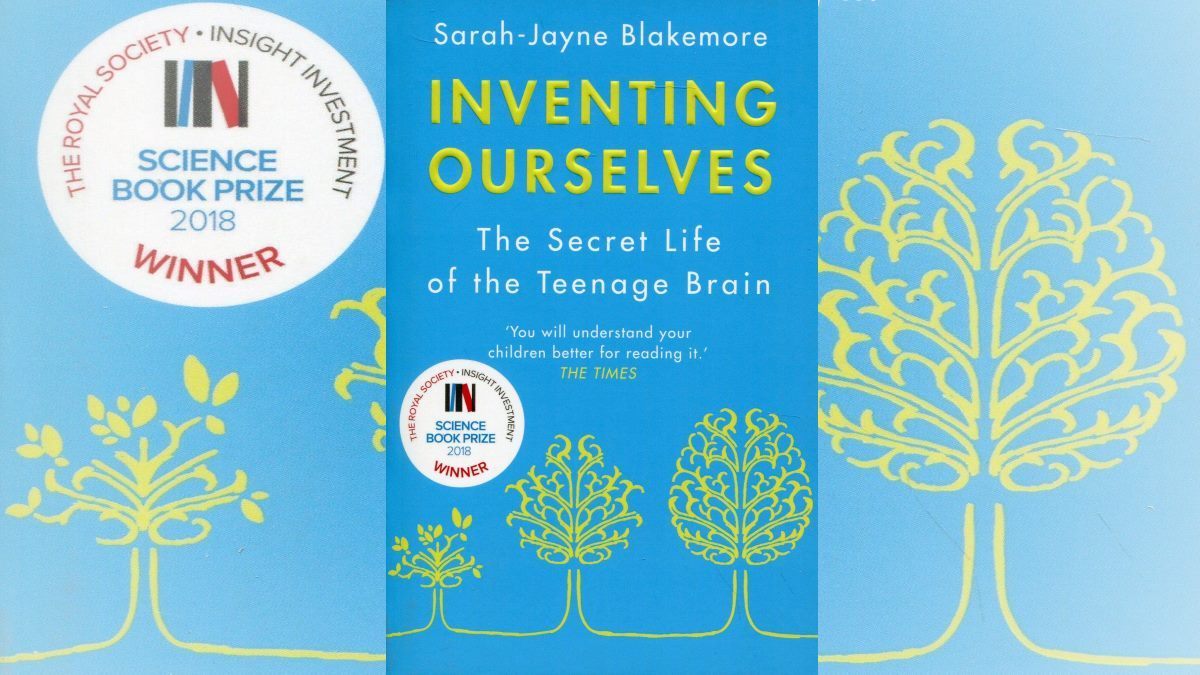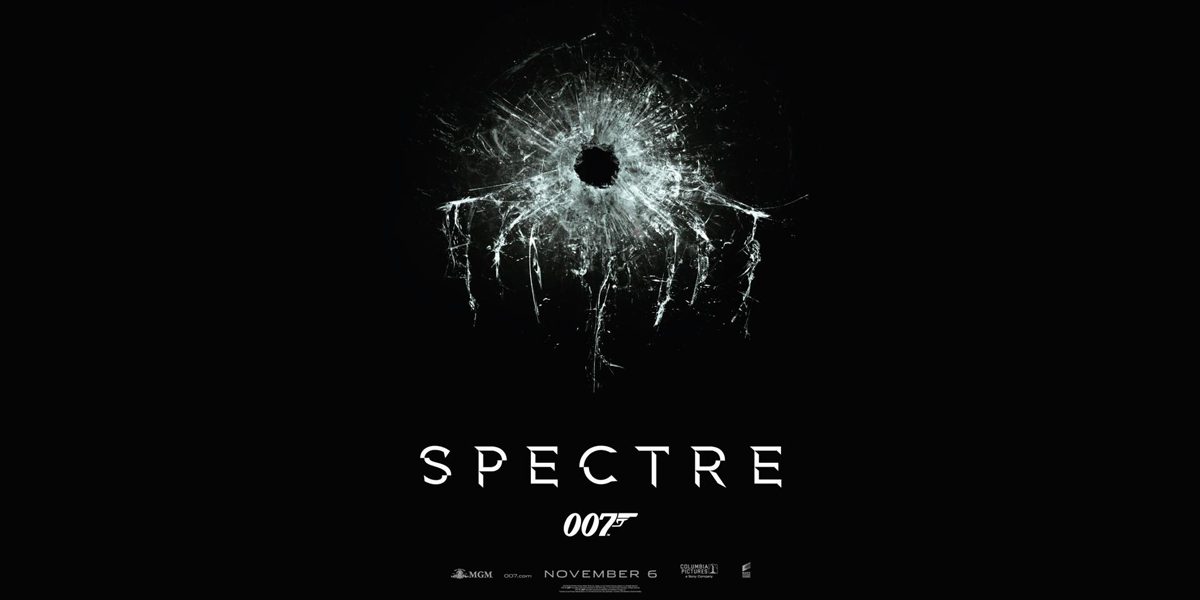 This Week’s Word Is “Neuroscience.”
This Week’s Word Is “Neuroscience.”
I have to be honest, I’m not a massive reader of non-fiction (Word Wednesday books excepted). Particularly since becoming a parent (which is now for more than a quarter of my life!). Anything remotely technical usually sends me to sleep. Yet when I saw a Christmas book round-up at the end of last year that included Inventing Ourselves by Sarah-Jayne Blakemore I knew I had to read it. So I did. And I didn’t fall asleep once whilst doing so.
What is Inventing Ourselves?
Subtitled, “The Secret Life of the Teenage Brain,” Inventing Ourselves is possibly the book every parent of teenagers is crying out for.
Professor Sarah-Jayne Blakemore has revolutionized the understanding of teenage brains, after many years of painstaking research into the neuroscience and brain development of adolescents. In her book, she explains how she came to study the subject, how studies are carried out, and what, if any conclusions can be drawn from her research, and additional research from around the globe.
Perturbed by stereotypes of teenagers and their tendency to be the butt of derogatory jokes, Professor Blakemore decided to shed light on a previously little-studied area. Teenagers are saddled with various stigma; tendency to sleep, slow to communicate, and liable to take risks. Surely there’s a reason for this? Her resulting work suggests that there is.
As one might expect, it turns out, there’s no such thing as a typical teenager. We are, after all, all individuals. There are however some general trends, and evidence to support that the teenage brain undergoes wholesale changes during adolescence. Prior to the year 2000, it was considered that the brain didn’t change very much after childhood, but modern research has shown that human brain continues to develop throughout the teenage years and even into one’s 20s.
Inventing Ourselves tries to explain what these changes are and how they affect our children, allowing us to (maybe) alter the way in which we interact with them. No true parenting suggestions are offered, but the knowledge that certain behaviors are as a result of brain chemistry and part of growing-up rather than sheer bloody-mindedness has helped modify the way in which I interact with my son. Particularly when he’s sitting in the dark, playing on his Xbox when it’s a gloriously sunny day outside.
The book explains how teenagers develop a sense of self and why they might take increased risks. The short answer to this latter question is “peer pressure,” but the longer answer is significantly more interesting, and applies to adults well beyond their teenage years, too. The book also looks at brain-plasticity (something mentioned in a couple of other Word Wednesday books about being awesome.) and explains why showing teenagers the horrific physical effects of smoking might not be the best way of persuading them to stop.
Screen Time.
One area where a lot of parents will feel they need more information is screen time. Sadly, there are scant pickings here. Largely because there just isn’t the information available anywhere. Professor Blakemore calls for an urgent change to this situation.
Increased technology use by children is a huge subject, and one of the most well-trodden battlegrounds in our house. The book is not entirely without succor for those who are worried about it. It reveals compelling evidence, that for now at least, screen use is not bad for us. Lack of sleep, due to screen use, possibly, but the actual screens themselves, as far as the research included in this book goes, are neither good nor bad. To clarify, some screen use actually appears to be better for our children than none at all.
If you’re trying to understand why your child’s empathy levels have dropped through the floor, or perhaps their grades at school have worsened slightly in the last 12 months, the answer may be is inside this book. “May be” is the key phrase here, though. As Professor Blakemore is at pains to reiterate throughout the book, certainty is impossible when talking about brain development.
Towards the end of the book, there are a couple of chapters and about the increasingly important subject of teenage mental health. Again, little is certain, but Professor Blakemore explains the latest thinking into conditions such as schizophrenia and how they relate to the developing teenage brain.
Why Read Inventing Ourselves?
“It’s easy to mock teenagers and colllectively lament how badly behaved and useless they are. But many adolescents do amazing things – they are entrepeneurs, coders, musicians, athletes, artists and scientists.”
Sarah Jayne Blakemore in Inventing Ourselves.
This book is hugely positive about the wonder of our teenagers, in a way society rarely is. For that Inventing Ourselves should be celebrated.
Like many of the best parenting manuals, this book isn’t a parenting manual (Really, it isn’t). It doesn’t tell you what to do, it offers almost no advice. Instead, it helps you understand why your children might be behaving like they are. This has a two-fold benefit. One, it helps you realize that you’re not alone and that beyond Kevin and Perry jokes, everybody is dealing with the same stuff and, two, the mere fact that teenage behavior has a scientific underpinning helps (me at least), hold things together when family interactions aren’t going quite as you might like them.
So who should read this book?
Well, if you have teenage children, then certainly it’s worth a look, but don’t rule the book out if you have smaller children too. There’s a lot of stuff in here that I can see applies to my younger children, and some things to think about with regard to them, that may (may!) make their teenage lives a little easier. For example, the book suggests that young children who can exhibit greater self-control might make better risk decisions as teenagers – there’s quite a lot in the book about the “Marshmallow Test.” As a parent who worries about his (comparatively spoiled) third child, this has given me some food (not the squidgy sugary type) for thought.
There are lots of bits of information about trends and behaviors from all ages in the book that have helped me understand the human condition a little more. Parenting is super-stressful but I have found a gentle reminder that many behaviors have a logical semi-explainable reason behind them, makes it easier to stay grounded and not let my own emotions get the better of me. (My neighbors, who have just spent the two week, Easter, school break next door to me and my three mostly-house-bound-due-to-chicken-pox children, may say that I am practicing some self-deception here.)
If you are struggling with your teenager, the final chapter, “It’s the Journey that Matters,” will give you hope. It ends with a wonderful story about the genesis of a play co-written by Professor Blakemore and a local theatre group, called Brainstorm.
The book includes an extract of the play and it is a thing of rare beauty. It will make you appreciate your teen a little more, help you understand them, put you in their shoes, and help you realize the struggle is more than worth it. You can find out more about Brainstorm, here.
All in all, Inventing Ourselves offers a compassionate overview of the science surrounding the development of the teenage brain. It sets out to defend much-maligned adolescents and explains the science behind some of their behavior. For parents of teenagers, it’s an invaluable primer in “all this is normal,” which may well come in handy when your sanity is sapped from asking for the 15th time for your child to stop leaving the lights on…
If you’d like to pick up a copy of Inventing Ourselves, you can do so here, in the US and here, in the UK.
Disclosure: I received a copy of this book in order to write this review.



